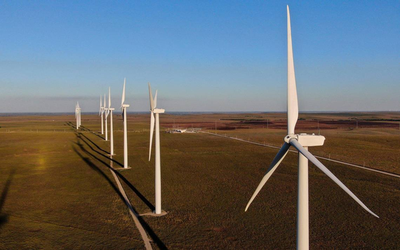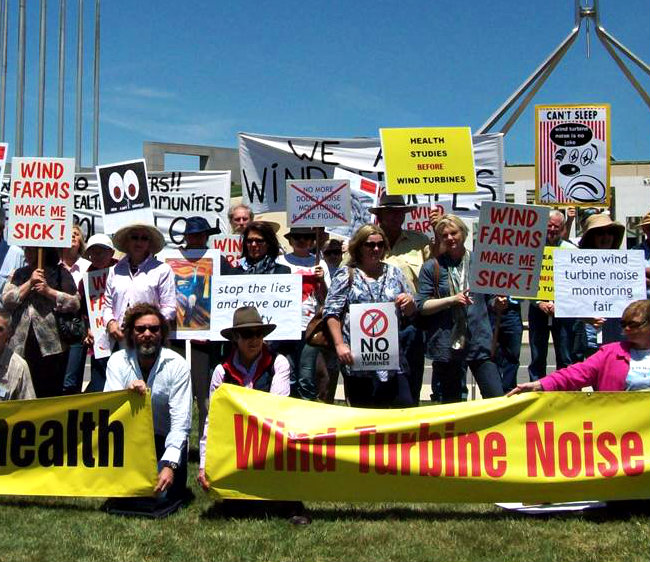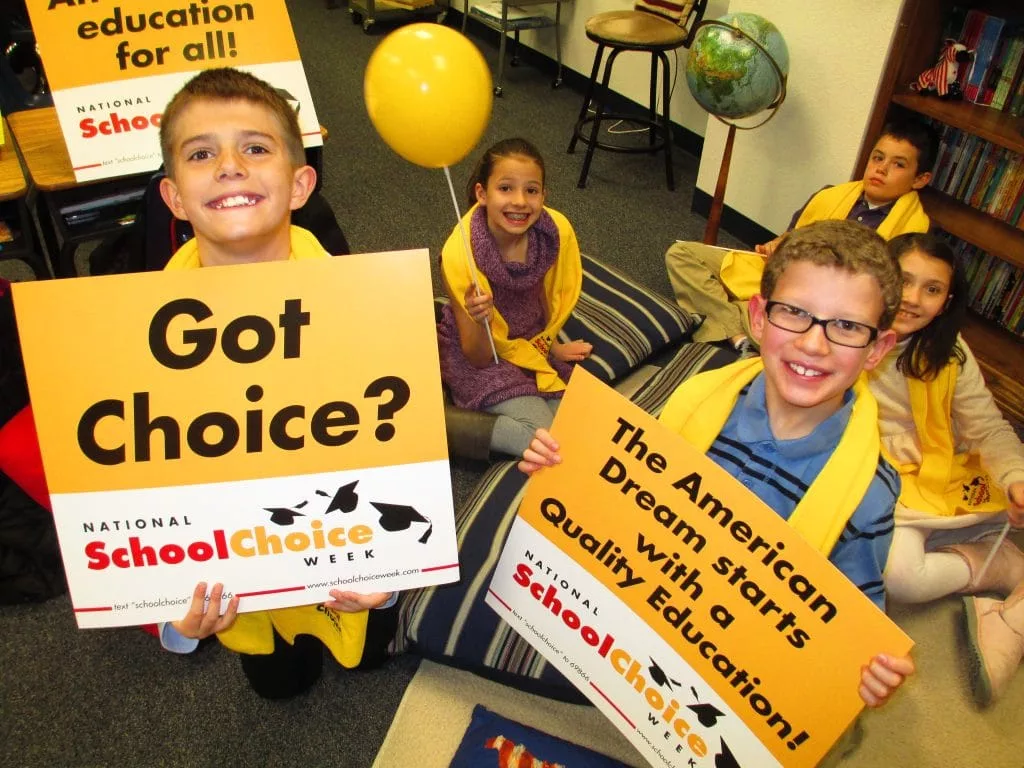The Shawnee County Planning Commission this week followed suit with other counties across Kansas calling for tighter restrictions and moratoriums on industrial wind and solar project developments, as opposition to the heavily tax credit-subsidized industrial scale green energy projects appears to grow across the country.
Shawnee County’s planning board recommended a one-year moratorium against commercial solar installations as well as a one-year ban on industrial scale wind energy. Both measures will go before the Shawnee County Commission to determine whether or not they will be adopted.

The move in Shawnee County follows a recent adoption of increased setback requirements between industrial wind turbines and non-participating property owners in Douglas County. County commissioners there adopted a 2,500 foot buffer requirement in April, believed to be the most restrictive policy among any county in Kansas and effectively amounting to a ban on wind developments there.
Developers of industrial scale wind turbine fields which can cover tens of thousands of acres have typically sought out locations in counties that have yet to enact any rural zoning plans or have neglected to address restrictions on such projects within those frameworks. Representatives from those companies usually pursue private meetings with individual landowners in order to secure tentative leases for turbine site locations, massing enough acreage and landowning lease partners under the promise of long-term profitable leases to build political weight in approaching local elected leaders to allow the projects. Large scale solar developments have pursued similar tactics.
Neither wind nor solar projects pay property taxes in Kansas, as opposed to other types of electrical generating facilities like coal and nuclear which bolster their local communities with tax revenues for infrastructure, schools and other needs. Companies sometimes barter with local governments over contractual payments in lieu of taxes (PILOT), which are contingent on the company’s compliance with the agreement.

But communities appear to be increasingly opposed to the invasive nature of large-scale renewable energy projects. A survey released in January by the Lawrence Berkley National Laboratory which queried renewable industry developers said local ordinances and opposition from residents of targeted communities was among the top Reasons projects were delayed or scuttled from 2016 to 2023. An article on the renewable proponent website Inside Climate News said about a third of proposed projects from surveyed developers had been cancelled due to local pushback, and about half had been delayed six months or more.
“For both wind and solar, opposition is becoming more prevalent and is more expensive to address than it was five years ago,” the ICN reviewed from the survey. “Developers expect this trend to continue, becoming even more prevalent in the next five years.” The survey found that the average expenses that could not be recovered from cancellations were about $2 million per solar project and $7.5 million per wind project.
Renewable projects have proliferated over the past decade due to lucrative income tax credits available for developers, and previous mandates on regional electricity providers that they meet quotas of energy purchased and distributed that were required to come from renewable sources.
Dane Hicks is a graduate of the University of Missouri School of Journalism and the United States Marine Corps Officer Candidate School at Quantico, VA. He is the author of novels "The Skinning Tree" and "A Whisper For Help." As publisher of the Anderson County Review in Garnett, KS., he is a recipient of the Kansas Press Association's Boyd Community Service Award as well as more than 60 awards for excellence in news, editorial and photography.





